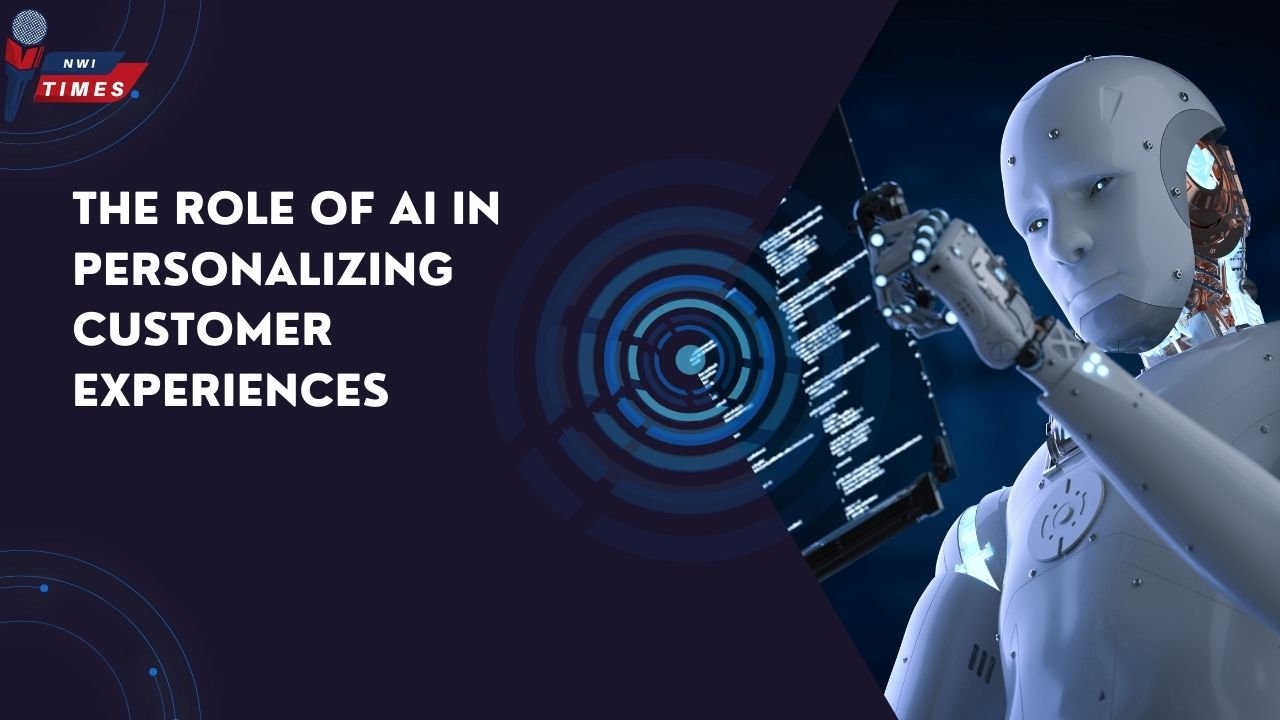AI, or Artificial Intelligence, helps businesses provide better customer experiences. AI can understand what customers like and give them what they need, making the experience feel more personal. For example, AI can suggest products based on a person’s past choices. It can also answer questions quickly, even before a person has to ask. The Role of AI in Personalizing Customer Experiences is important because it helps companies save time and money while making customers happier. AI makes it possible to predict what a customer might want, which makes interactions feel smooth and easy.
What Kinds of AI Are Used for Personalizing?
There are many kinds of AI that help businesses personalize experiences for customers. Chatbots are one type. They talk to customers online and can answer questions or solve problems instantly. Another kind of AI uses machine learning to study customer habits and predict what they might like next. The Role of AI in Personalizing Customer Experiences also includes voice assistants, like Siri or Alexa, which can help people shop or get information. These AI tools make it easier for companies to offer personalized services without needing extra people to do the work.
How Does AI Help Companies Understand Customers Better?
AI can collect information about what customers like, what they buy, and how they behave. This helps businesses know their customers in a more personal way. AI systems can study things like browsing history, past purchases, and even customer reviews to create detailed profiles of each person. The Role of AI in Personalizing Customer Experiences is to help businesses make sense of all this information so they can offer better products and services. When companies understand their customers better, they can create marketing and offers that are more suited to each person.
How Do Chatbots Improve Customer Service?
Chatbots use AI to answer customer questions and solve problems quickly. They can work 24/7, which means they can help customers at any time of the day or night. The Role of AI in Personalizing Customer Experiences includes making customer service faster and more efficient. Chatbots can handle simple questions, like checking an order status, so human workers can focus on more complicated tasks. This saves time for both the company and the customer. It also makes the service more personal because the chatbot can remember previous interactions.
How Does AI Improve Product Recommendations?
When shopping online, people often see product recommendations based on their past purchases or browsing history. This is the Role of AI in Personalizing Customer Experiences. AI systems study what products people look at or buy and then suggest similar items they might like. These recommendations can make the shopping experience smoother and more enjoyable. Businesses also benefit because customers are more likely to buy something if it feels like it was chosen just for them. This helps increase sales while making the experience feel more personal.
How Does AI Personalize Marketing?
AI helps companies send the right message to the right customer. It can create marketing campaigns that feel personal by using the information it has gathered about customer behavior. The Role of AI in Personalizing Customer Experiences includes helping companies target their ads more effectively. AI can send emails or show ads that match each person’s interests. This makes people feel like the brand knows what they want, which increases the chances of a sale. By understanding what different groups of customers like, AI can help companies make smarter marketing decisions.
How Does AI Help Predict Customer Needs?
AI can look at past actions to guess what a customer might want in the future. For example, if a person always buys winter jackets in November, AI can suggest similar products when the season comes around. The Role of AI in Personalizing Customer Experiences is to make these kinds of predictions, so customers feel like the company knows them well. AI can also help predict when a customer might be unhappy and suggest solutions before a complaint happens. This makes the experience better and keeps the customer coming back.
How Can AI Improve Customer Loyalty?
Personalized experiences can make customers feel more connected to a brand. AI helps create these experiences by understanding what people like and need. The Role of AI in Personalizing Customer Experiences includes making loyalty programs more personalized. For example, AI can offer special deals or rewards based on what a customer buys the most. This makes customers feel appreciated, and they are more likely to stay loyal to the brand. When customers feel valued, they are more likely to return and recommend the business to others.
What Are the Pros and Cons of AI in Customer Personalization?
| Pros | Cons |
| Quick responses to customer needs | Lack of human touch in interactions |
| Works 24/7 without breaks | Can misunderstand complex requests |
| Predicts customer preferences | Data privacy concerns |
| Saves time and money for companies | High cost to implement |
| Increases customer satisfaction | Some people prefer human help |
What Are the Future Trends in AI and Customer Personalization?
AI is expected to continue growing and becoming more advanced. The Role of AI in Personalizing Customer Experiences will include even smarter systems that can understand human emotions better. In the future, AI may be able to detect if a customer is upset just by reading their voice or messages. This would help businesses respond in a more caring way. More businesses will likely start using AI to personalize their services, making it an essential part of how companies interact with their customers. AI will become a normal part of everyday life, making experiences smoother and more personalized than ever before.
Conclusion
The Role of AI in Personalizing Customer Experiences has transformed the way businesses interact with their customers. From chatbots to personalized product recommendations, AI helps companies provide services that feel more personal and tailored to each individual. While AI offers many benefits, like faster service and better marketing, there are also challenges, such as the high cost of implementation and concerns about privacy. As AI continues to improve, it will likely play an even bigger role in shaping the future of customer experiences, making them more personalized and efficient.



